Non-contact Vital Sign Monitoring from Videos
| Details | ||
|---|---|---|
| Talker | Prof. Dr. Sebastian Zaunseder | 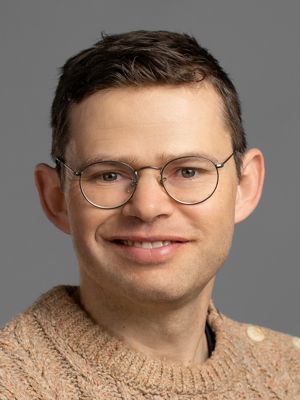 |
| Affiliation | Diagnostische Sensorik, Fakultät für Angewandte Informatik, Universität Augsburg (Copyright auf das Foto) | |
| Date | 03.07.2023 | |
| Time | 16:00 h | |
| Place | Aquarium, Building D, Faculty of Engineering, Kaiserstr. 2., 24143 Kiel |
Abstract
Common procedures to acquire vital signs, or more generally to acquire information on a patient’s physiological state, are associated with several disadvantages. They typically require contact to the patient or are even invasive, they often have specific conditions of use restricting their applicability and they are expensive as well as laborious.
Current research directs at unobtrusive ways to acquire information on a patient’s state under variable conditions. One approach for a convenient acquisition uses videos. Videos feature multiple information that are relevant for systemic monitoring or for the assessment of local phenomena.
The talk overviews basic ideas and research directions regarding the unobtrusive acquisition of vital parameters from videos. Besides presenting solutions to monitor important vital parameters as heart rate or oxygen saturation, the talk puts a focus on further opportunities of using videos considering own works and works form the literature.
Short CV
Sebastian Zaunseder graduated in electrical engineering at TU Dresden in 2007. From 2007 to 2011, he worked at the Fraunhofer Institute for Photonic Microsystems on wearable sensors and signal processing for medical applications. In 2011, he finished his PHD in this area. Subsequently, Sebastian joined the Institute of Biomedical Engineering (IBMT, TU Dresden). At IBMT, he built up the group Medical Sensing and Signal Processing and did his habilitation on the topic "Mess- und Analyseverfahren für das medizinische Monitoring". In 2019, Sebastian was appointed a professor for medical engineering at FH Dortmund (Faculty of Information Technology). Since November 2022, he is Professor for Diagnostic Sensing at University of Augsburg.
His research directs to sensors and sensor data processing with a particular focus on user-friendly solutions such as non-contact sensing and wearables to be used in multiple fields.
New Directions in Submarine Habitat Mapping
| Details | ||
|---|---|---|
| Talker | Dr. Jens Schneider von Deimling | 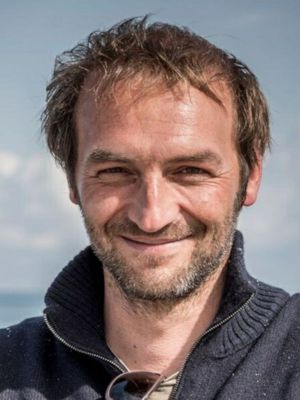 |
| Affiliation | Institute of Geosciences, Christian-Albrechts-Universität zu Kiel | |
| Date | 05.06.2023 | |
| Time | 16:00 h | |
| Place | Aquarium, Building D, Faculty of Engineering, Kaiserstr. 2., 24143 Kiel |
Abstract
We here present results from our recent project BONUS ECOMAP, were we applied and developed innovative opto-acoustic methods for improved remote sensing of marine life on the seafloor. We propose new measurement techniques and a catalogue detailing procedures on how to implement remote sensing methods for selected habitats.
This includes hydroacoustic echosounding, LIDAR, and satellite remote sensing. As a case study we highligth remote seagrass mapping procedures in the Baltic Sea.
Short CV
Dr. Jens Schneider von Deimling is senior scientists and lecturer at the Institute of Geoscience at Kiel University. His research focus is on underwater measurements using hydroacoustic methods. The scientific targets are twofold with various projects around the fate of the climate gas methane, as well as intense work on pushing forward marine seafloor habitat mapping. Dr. Schneider von Deimling conducted many experimental hydroacoustic studies in both, lab and field, with overall more than 500 days spent at sea. He enjoys technological progress and innovative approaches, and, at the same time, focus to not losing track on the most pressing research questions to date. Next to intense scientific collaboration he very intensely collaborates with hydroacoustic system manufacturers, authorities, and surveyors. His R&D approach is documented in many innovative hydroacoustic experimental studies in the field with a focus on making benthic life visible. Further on Dr. Schneider von Deimling supports international and national hydrographic societies with his ongoing vice-chair of the German Hydrographic Society and active member of the international GEOHAB Backscatter working group.
Synthetic Aperture Sonar: An Overview
| Details | ||
|---|---|---|
| Talker | Dr. Holger Schmaljohann | 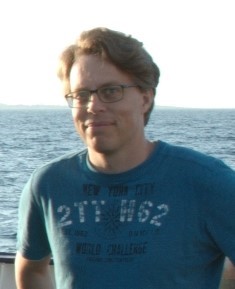 |
| Affiliation | Wehrtechnische Dienststelle für Schiffe und Marinewaffen, maritime Technologie und Forschung (WTD 71) | |
| Date | 13.02.2023 | |
| Time | 16:00 h | |
| Place | Aquarium, Building D, Faculty of Engineering, Kaiserstr. 2., 24143 Kiel |
Abstract
In order to increase the azimuth resolution of radar or sonar images, the technique of synthetic aperture can be applied. In contrast to radar, this approach is relatively new to sonar.
In this talk, the principle of synthetic aperture sonar (SAS) will be explained and then the processing steps to obtain a focused SAS image will be presented. In addition to the fundamental SAS topics, some of the effects that can be observed in the images and the possibilities of this technique will be covered.
Short CV
Holger Schmaljohann is a research scientist in experimental and applied underwater acoustics at the Bundeswehr Technical Center for Ships and Naval Weapons, Maritime Technology and Research (WTD 71) in Kiel. He received his diploma in physics from the University of Kiel in 2000 and his doctorate (Dr. rer. nat) from the University of Hamburg in 2004. From 2005 to 2008 he worked as a scientist in a research project funded by the German Armed Forces at the Research Institute for Underwater Acoustics and Marine Geophysics (FWG) in Kiel. He then changed permanently to FWG and has worked since the integrating of FWG in 2009 at WTD 71. There he is currently responsible for the “High-resolution imaging with sonar” project. His research interests lie in the field of sonar signal processing, in particular with regard to detection of mine-like objects.
Non-linear Analysis of Brain-heart Couplings Considering Complex Physiological Data: How to Deal With the Multi-dimensional Structure of Resulting Directed Interaction Pattern and the Need for Advanced Statistical Examinations
| Details | ||
|---|---|---|
| Talker | Dr. Karin Schiecke | 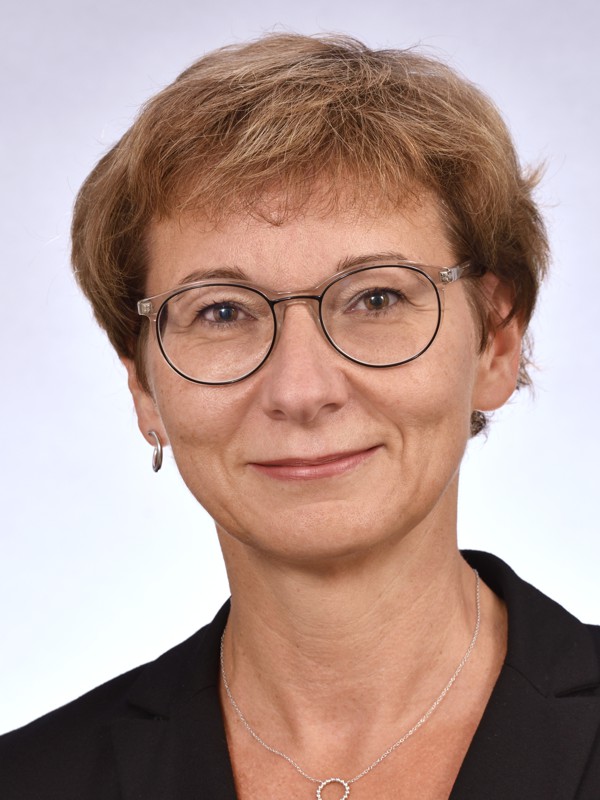 |
| Affiliation | Institute of Medical Statistics, Computer and Data Sciences (IMSID) Jena University Hospital | Bachstraße 18, 07743 Jena | Germany |
|
| Date | 23.01.2023 | |
| Time | 16:00 h | |
| Place | Aquarium, Building D, Faculty of Engineering, Kaiserstr. 2., 24143 Kiel |
Abstract
A multitude of complex methods is available to quantify interactions in highly complex physiological systems. Brain-heart interactions play an important role to identify couplings between the central nervous system and the autonomic nervous system during defined physiological states or specific diseases. Nonlinear Convergent Cross Mapping (CCM) is one method to quantify such interactions. Crucial point of those interaction analyses are an adequate pre-processing taking into account nonlinearity of data, and intuitive graphical representation as well as suitable statistical evaluation of achieved results. Aim of this talk is to provide generalized processing schemes for such investigations. Brain-heart interactions achieved by nonlinear CCM in children with temporal lobe epilepsy during pre-ictal, ictal and post-ictal period as well as in patients with paranoid schizophrenia and healthy control subjects during resting state period are used as benchmark data sets. Necessary pre-processing as well as time-variant, frequency-selective and topological perspectives on the results of such analyses are presented and discussed. Surrogate data, bootstrapping and linear mixed-effects model approach are utilized for statistical analyses. The general concept of the analyses is also applicable to other methods of interaction analysis and to data from even more complex physiological systems.
Short CV
Karin Schiecke received the Diploma degree in mathematics from the Friedrich Schiller University Jena, Germany, in 1993, and the Ph.D. degree in biomedical engineering from the Technical University Ilmenau, Germany, in 2008.
From 1993 to 1998 she worked at the Department of Pathophysiology, and since 1998 she has been with the Institute of Medical Statistics, Computer and Data Sciences, Jena University Hospital, Friedrich Schiller University. She is a Senior Research Fellow and member of the Bernstein Group for Computational Neuroscience Jena. Her research fields are computational neuroscience (ECoG, EEG, MEG), innovative HRV analysis as well as investigations of brain-heart interactions, especially with regard to fetal/neonatal sleep pattern, epileptic seizures in children/adults and schizophrenic patients. In the focus of her research are advanced time-variant, frequency-selective and nonlinear methods to quantify complex dynamical behavior of biomedical systems.
She won the Award for Young Investigators of the National Academy of Sciences Leopoldina in 1995, followed by research stays at Cornell University Medical College, New York City, USA in 1995 and Cornell University, Ithaca, USA in 2001/2002. She serves as a reviewer for a wide range of scientific journals and conferences and authored more than 100 papers published in peer-review international journals, receiving nearly 2000 citations. Her h-index is 24. She is member of the German Society of Biomedical Engineering (DGBMT) and the IEEE Engineering in Medicine & Biology Society (IEEE EMBS), is actively involved in the Technical Committees on Biomedical Signal Processing in both societies and is currently one of the spokesmen for the German Committee.

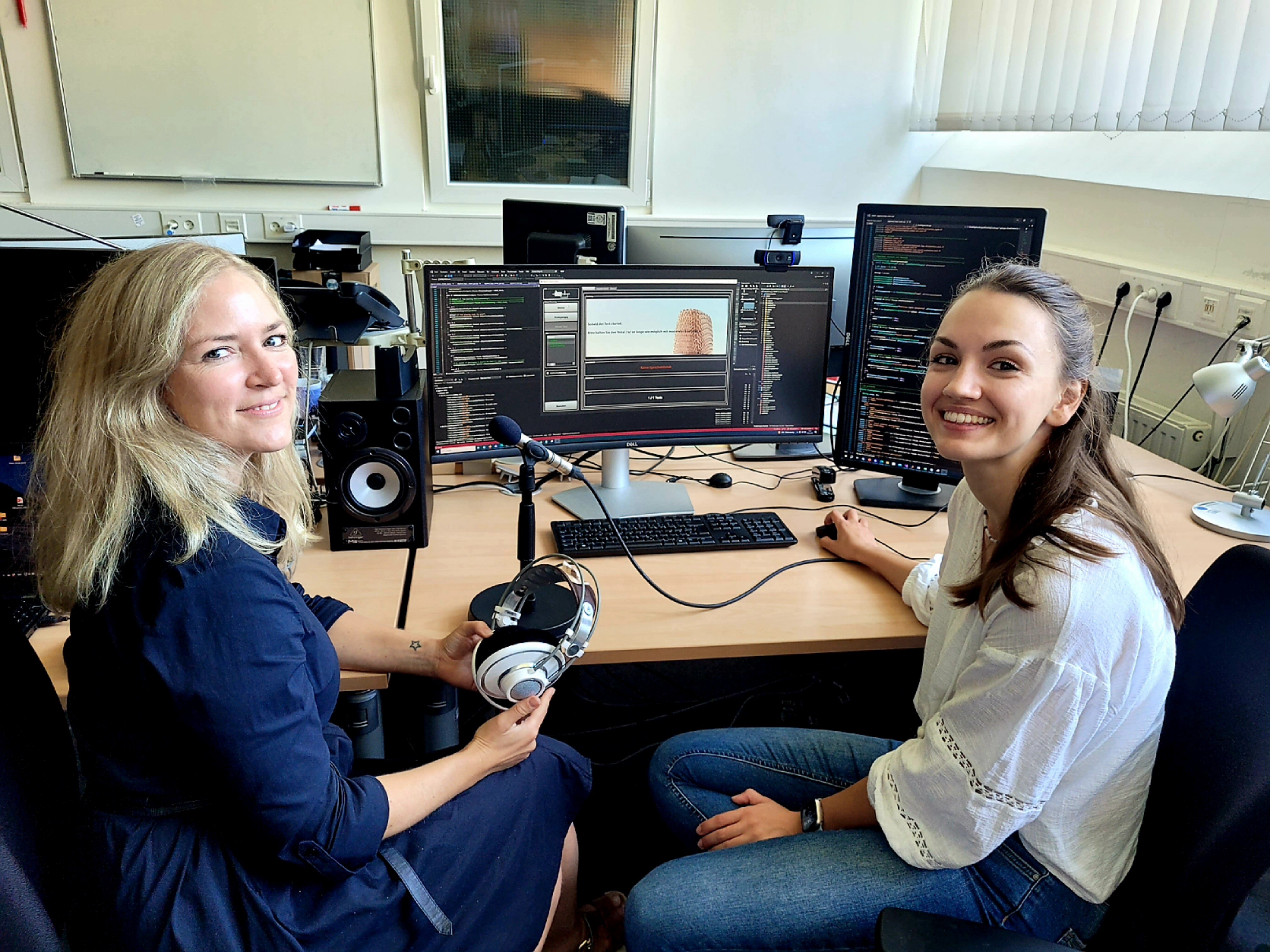 In the first week of September, we were delighted to host Dr.
In the first week of September, we were delighted to host Dr.